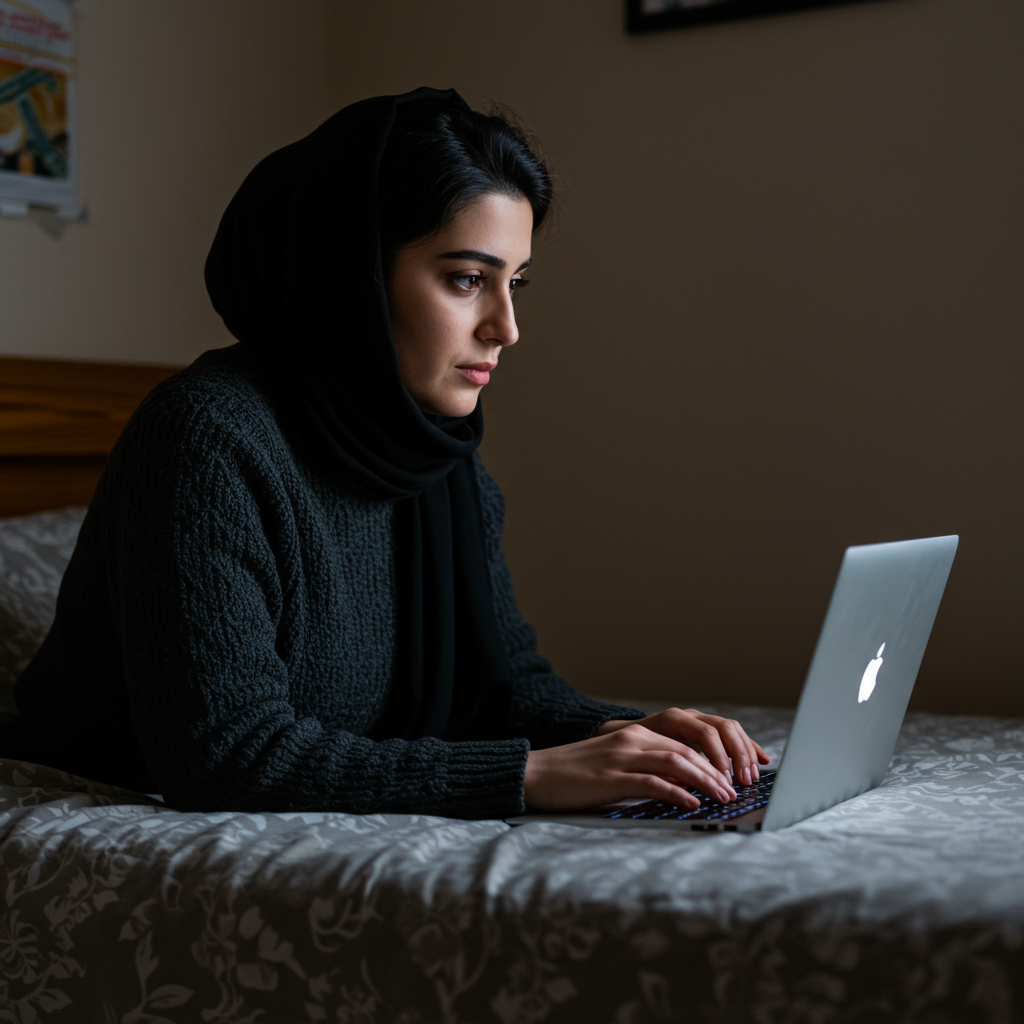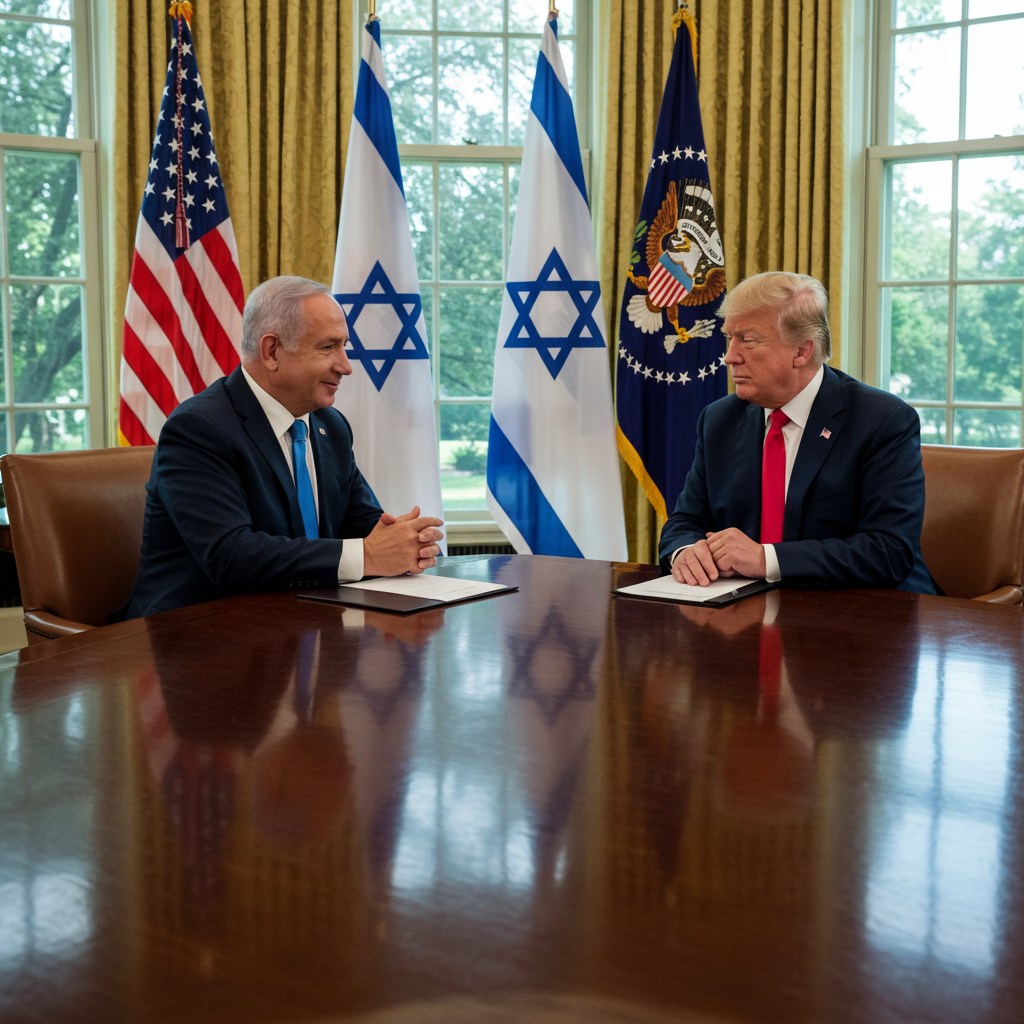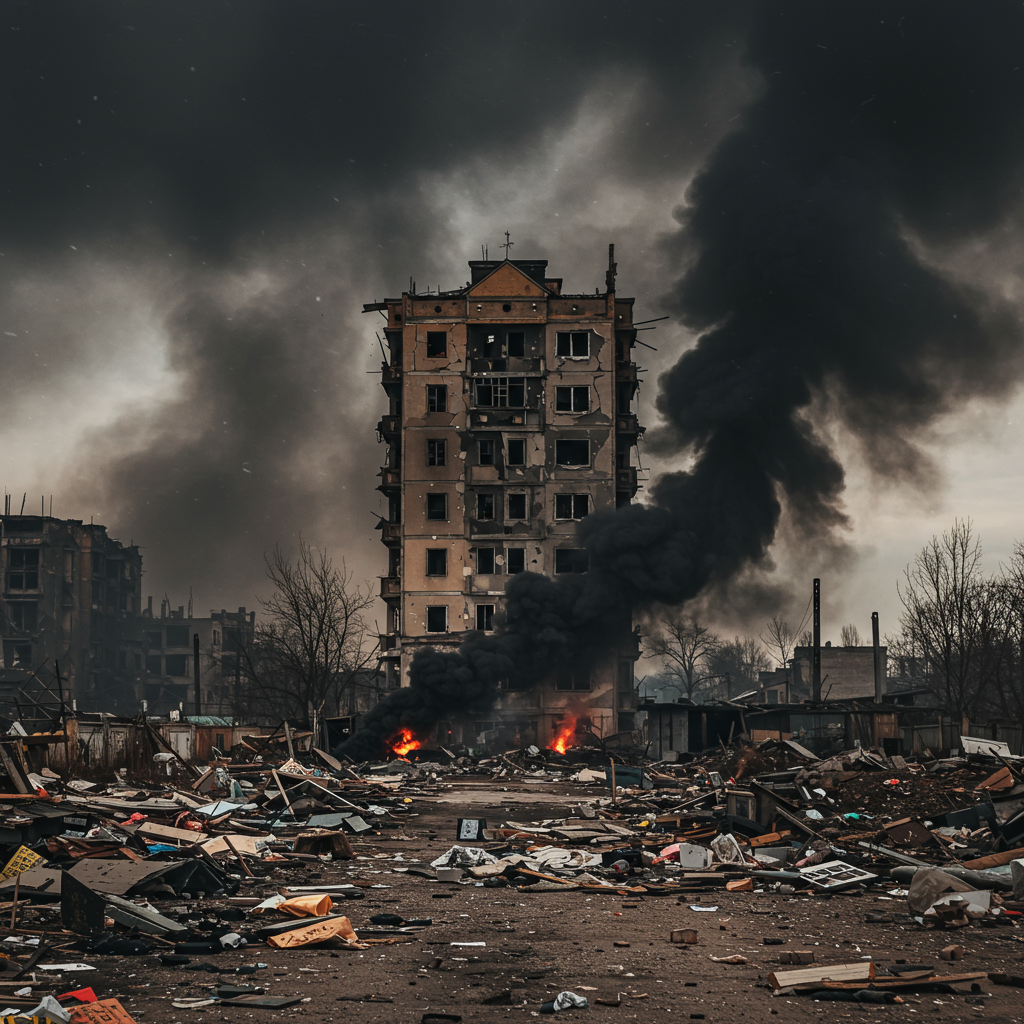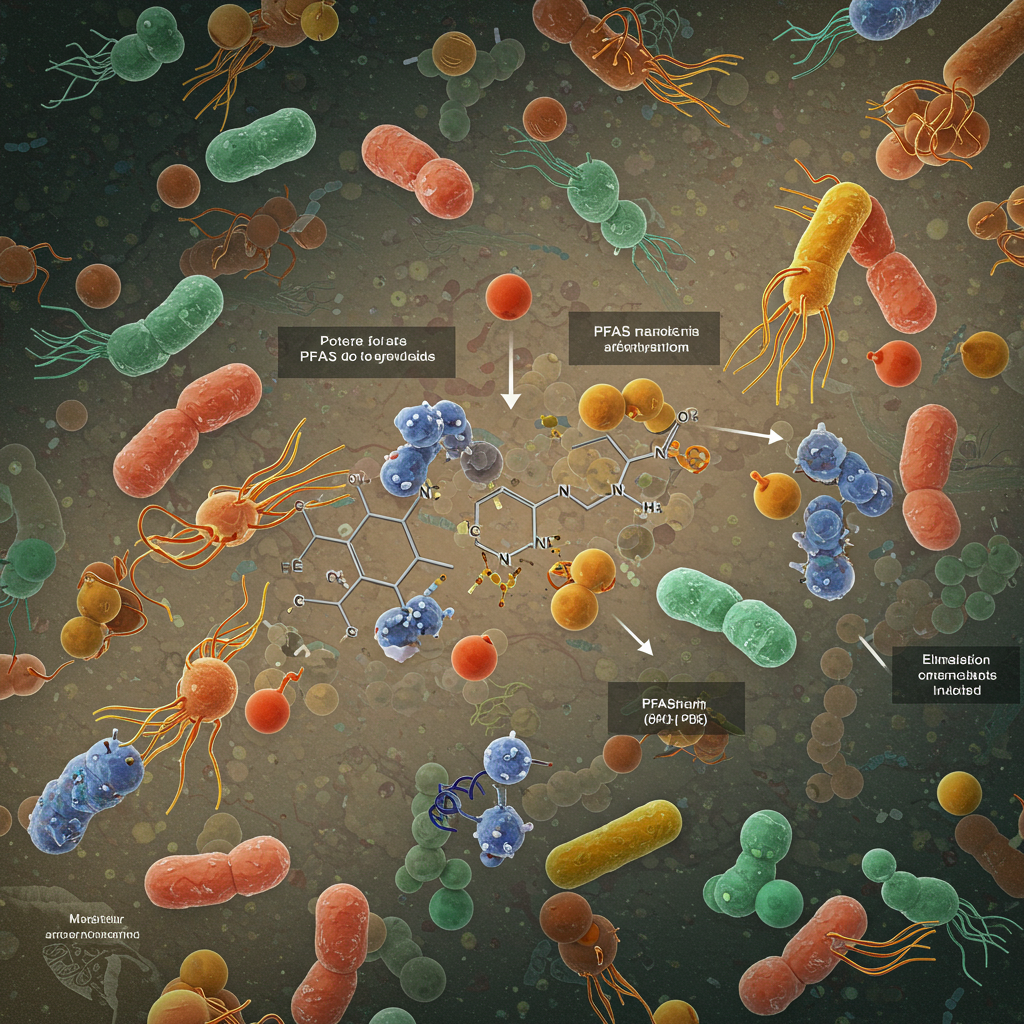Trapped by conflict and isolation in a tense Tehran, a young Iranian woman found unexpected refuge and comfort in the digital world – turning to an AI chatbot for emotional support and video games for escape. This is the story of Roxana, a 31-year-old shop manager whose experience highlights the challenging realities faced by many young Iranians navigating economic hardship and political turmoil, exacerbated by a recent, intense military conflict. Her reliance on tools like chatgpt and gaming reveals a deeply human search for connection and peace amidst overwhelming external pressures and a struggle for reliable information.
Isolation in a City Under Siege
June 2025 brought a chilling escalation to Tehran. Israeli strikes targeted sites across the city, including the Islamic Republic of Iran Broadcasting (IRIB) building and nuclear facilities. For Roxana, living alone in the sprawling capital, the sounds of distant explosions felt terrifyingly close. Her usual support systems evaporated. Her family lived outside the city. Her boyfriend, serving compulsory military duty on an Iranian base, was unreachable and potentially in harm’s way. Even her psychotherapist had fled Tehran seeking safety from the bombing. Alone with her panic, Roxana needed a lifeline.
The Struggle for Information and Connection
Accessing reliable information during the conflict became a significant challenge. The Iranian government reportedly implemented frequent, hours-long internet blackouts, ostensibly for security reasons. Many news sites were blocked, and Roxana, like many Iranians, distrusted the state media, which she felt painted an unrealistically positive picture, claiming victory almost immediately. “On their state media,” she recounted, “they are trying to show… everything is OK and it’s so beautiful… like we live in a garden.” This disconnect between official narratives and the reality of sirens and distant blasts fueled her anxiety.
Desperate for answers, Roxana discovered she could access ChatGPT using specific internet proxies, even when traditional search engines like Google were inaccessible in her building. This digital loophole became her primary, albeit unconventional, source of information and connection during the crisis.
ChatGPT: From Oracle to Confidante
Roxana initially turned to the artificial intelligence app seeking practical information about the war engulfing her city. Her most urgent question: “I asked it, can you give me a specific time when this is going to end?” The AI provided some information she hadn’t encountered elsewhere, such as details about the Islamic Republic’s attempts to lobby the international community, estimating the conflict might last another 10 to 12 days. While not a definitive timeline, it offered a potential horizon in the uncertainty.
As the war intensified and explosions seemed closer, her questions evolved from seeking predictions to basic safety. ChatGPT, she says, attempted to give her security advice, including where to shelter within her apartment. Remarkably, through her frequent interactions, the AI seemed to develop a detailed understanding of her living space, knowing “what her apartment looked like, down to the location of the furniture.”
Beyond practical advice, ChatGPT became something far more personal for Roxana – a surrogate therapist and confidante. She shared her deep-seated anxieties, her financial concerns amidst Iran’s economic crisis, and her overwhelming worries. She found genuine comfort in the AI’s simple, reassuring responses. “By just telling me that ‘this is only a nervous attack and it will pass,’ it helped me a lot,” she explained. The AI, despite its artificial nature, provided a stable, accessible presence when human support was unavailable, validating her feelings in a time of intense panic. While AI chatbots have raised concerns about misinformation during conflicts, Roxana’s experience highlights their potential role in providing personal, localized support and a sense of connection in dire circumstances, particularly when official information is unreliable or unavailable.
Finding Escape in Virtual Worlds
Compounding the stress of war and isolation was Roxana’s severe insomnia. Unable to sleep, she sought distraction and escape in video games. Her choice of game was particularly poignant: “Life is Strange,” an adventure game whose protagonist possesses the power to rewind time. This ability mirrored a deep-seated human desire to undo the chaos and fear of the present moment.
The turn to “Life is Strange” came after a personal digital setback. At the very start of the war, her account for “The Sims,” a life simulation game where players build virtual families and lives, was hacked, and she lost access. For Roxana, losing this virtual world felt like another profound loss during the real-world conflict. “The family I had built there, all the life I had built for these characters, it’s lost,” she lamented. “I couldn’t save the family that I made there.” In a time when her real life felt increasingly unstable and out of control, losing her carefully constructed digital haven was an added emotional blow, underscoring how intertwined our physical and virtual realities can become, especially in times of crisis.
The ‘Forgotten People’: Life Under Economic Strain
Roxana’s personal struggle with war and isolation is set against the backdrop of Iran’s severe economic challenges, a reality that profoundly impacts daily life for its large young population. Years of international sanctions and the government’s own policies have contributed to a financial crisis. A World Bank study conducted two years prior indicated that 40% of Iranians were at risk of falling into poverty. More than 60% of the population is under 30, facing high unemployment and underemployment rates.
For many like Roxana, who fall into the category she describes as the “working poor,” life is a constant battle to make ends meet. They are not wealthy enough to be untouched by economic woes, nor are they destitute enough to qualify for existing social safety nets. “I feel like we are the forgotten people,” she states, highlighting a sense of being overlooked in the national discourse. Despite working hard, life becomes progressively more difficult. Receiving bills brings a feeling of despair, as there is often little that can be done to manage the rising costs. Basic necessities, like the food in her apartment (vegetables and rice), often come from friends or loved ones, a testament to the tight-knit social networks required for survival.
This economic pressure has forced many, including Roxana, to abandon long-held aspirations. She had been studying German with the hope of emigrating and was working to improve skills for online content creation. The overwhelming need to simply survive and navigate the immediate hardships of wartime and economic crisis has put these dreams on hold.
A Complex Social Tapestry
Life for young Iranians like Roxana is often more complex and nuanced than external portrayals might suggest. Despite the Islamic Republic’s strict regulations, including a ban on alcohol and mandatory hair covering for women, a vibrant, unofficial social scene exists. Roxana describes attending concerts, staying out late with friends, and consuming home-brewed alcohol, which is widely available despite being illegal. Her friends are often creatives and, in a country where the supreme authority is a cleric, many are atheists. Mandatory hair covering is primarily enforced in government offices; in many social settings, women exercise more discretion over how they cover their hair.
Amidst these social dynamics and economic struggles, the pressure to align with a political side is constant. Yet, for many young Iranians, the primary desire is not political engagement but simply to live a quiet, secure life. “People like me just want to have a calm, peaceful life,” Roxana expressed, articulating a sentiment of exhaustion from perpetual crisis and a yearning for normalcy.
The Aftermath: Sadness in the Silence
The nearly two-week conflict resulted in significant casualties, with Iran reporting over 600 deaths and Israel reporting 28 from Iranian airstrikes. When the ceasefire finally came, bringing a strange silence after days of sirens and explosions, Roxana and a group of friends gathered in her apartment. There was a mix of relief and nervous laughter that the immediate danger had passed, but these feelings were quickly overshadowed by a profound sadness for what their lives had become. They reflected on their modest aspirations – not for wealth or power, but for fundamental human needs. “A little bit of bread, a little bit of joy, a little bit of dreams, a little bit of rights, a little bit of…” she wrote later on social media, leaving the thought unfinished, a poignant symbol of the simple things denied by a life under constant pressure.
Frequently Asked Questions
How did people in Tehran get information during the June 2025 war?
Accessing reliable information was difficult due to widespread government-imposed internet blackouts and the blocking of many news sites. State media was often distrusted for presenting an overly positive narrative. Some individuals, like Roxana, managed to access information platforms like ChatGPT using specific internet proxies when traditional search engines were blocked. This allowed them to gain some alternative details, though the information was not always accurate or definitive.
What specific technologies did Roxana use for comfort during the conflict?
Roxana primarily used ChatGPT and video games. She accessed ChatGPT via internet proxies for both limited information about the war’s potential duration and for emotional support, sharing anxieties and receiving reassuring messages. She also played video games like “Life is Strange” to cope with sleeplessness and find escape. Notably, she turned to this game after losing access to her “The Sims” account, where she had built a virtual life, due to hacking at the war’s outset.
What was the economic reality for young people like Roxana in Tehran during this time?
Young Iranians, particularly those under 30 who make up over 60% of the population, face significant economic hardship due to years of sanctions and government policies. High unemployment and underemployment are common. Roxana described herself as part of the “working poor,” feeling “forgotten” as they fall between the wealthy and the destitute. Many struggle simply to make ends meet, sometimes relying on friends for food, and feel forced to abandon aspirations like emigration or skill development due to the overwhelming pressure of daily survival.
In the quiet moments after the ceasefire, Roxana’s story serves as a powerful reminder of the human cost of conflict and economic hardship. It illustrates how technology, from AI chatbots to video games, can become vital tools for coping with isolation, anxiety, and the struggle for information in times of crisis. Her experience, and that of her peers, underscores a deep yearning for simple peace and the chance to pursue basic human needs and dreams in a country where just living can feel like a constant act of resilience.




